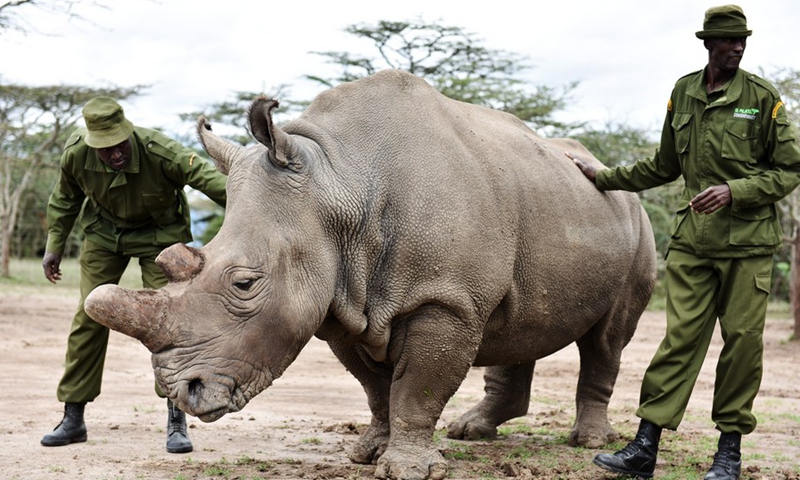A palpable dread permeates the lakeside settlement of Aarapoo in Serere District following a devastating crocodile assault that killed 48-year-old Stella Beatrice Kokoi on June 4th. The incident has thrust this remote community into turmoil, exposing critical vulnerabilities in human-wildlife coexistence along Uganda's waterways.
Tragic Encounter During Livelihood Routine
Kokoi was engaged in her regular fishing activities at the Aarapoo landing site when the attack occurred—a vital income source for supporting her family. Eyewitnesses report the reptile abruptly dragged her beneath the murky waters, leaving no opportunity for intervention. Solomon Engemu, Ikaribwo Clan Chairperson, recounted receiving the alert while at a nearby trading center: "My television viewing was interrupted by an urgent call from the Gombolola Internal Security Officer. I mobilized villagers immediately, but our two boats searched until midnight with no success."
Grim Search and Discovery
The subsequent four-day recovery operation revealed the attack's horrifying aftermath. Paul Ilukor, Officer-in-Charge of Labor Police Post, detailed the exhaustive efforts: "Uganda Wildlife Authority deployed drones on Saturday, advising reduced noise to prevent scaring the predator. Their theory proved tragically accurate." On Sunday afternoon, villagers traced distressing sounds to a papyrus swamp where Kokoi's mutilated remains were recovered—a confirmation that plunged the community deeper into grief.
Ilukor emphasized the broader implications: "She nurtured fifteen children. This loss resonates painfully across Aarapoo. Our gravest concern is that this crocodile now identifies humans as prey, increasing the likelihood of further attacks."
Community Demands Action
The incident marks the area's first recorded fatal crocodile encounter, though residents previously reported non-lethal wildlife confrontations involving livestock. Local authorities have issued advisories avoiding the landing site after dark while pleading for Uganda Wildlife Authority (UWA) intervention. "We implore UWA to trap this man-eater immediately," urged Ilukor. "Each day without action jeopardizes more lives."
Despite multiple attempts, Nile Post could not secure comment from UWA regarding planned mitigation strategies. The silence fuels anxiety among residents, many of whom depend on lake access for sustenance. Community leaders highlight insufficient wildlife monitoring systems and advocate for enhanced safety protocols, including predator tracking and emergency alert mechanisms.
Broader Implications
Kokoi's death underscores persistent dangers facing communities along Uganda's waterways, where resource needs and wildlife habitats increasingly collide. Environmental scientists note that habitat encroachment and declining fish stocks may drive heightened crocodile aggression. As Serere mourns, the tragedy ignites urgent conversations about balancing ecological preservation with human security—a complex challenge demanding coordinated solutions from district officials, conservation bodies, and national policymakers.
Funeral arrangements proceed as authorities continue monitoring the shoreline. With rainfall patterns altering reptile behavior and lakeside populations growing, experts warn that proactive measures are essential to prevent similar tragedies across Uganda's vulnerable aquatic borderlands.







Comments (0)
Leave a Comment
Be the first to comment on this article!